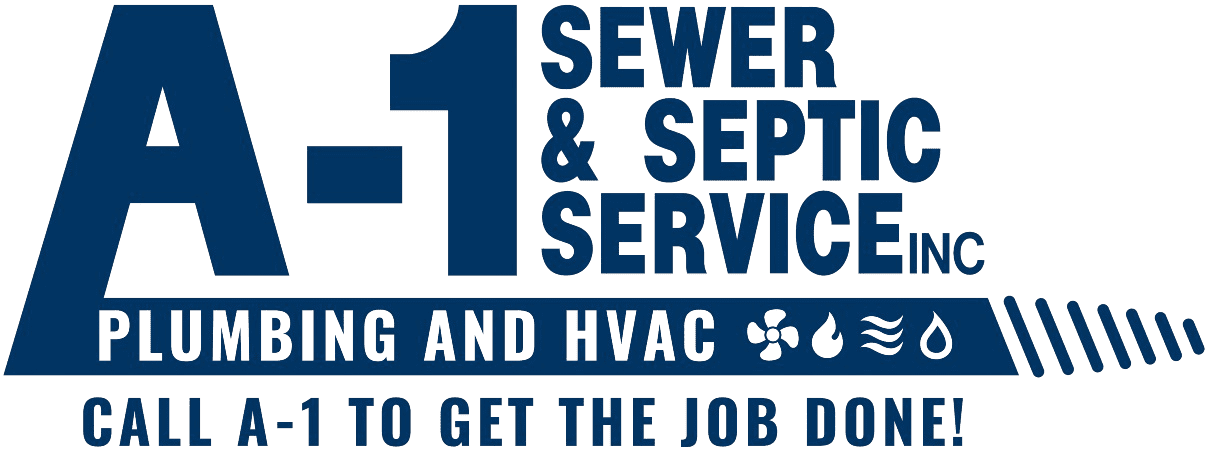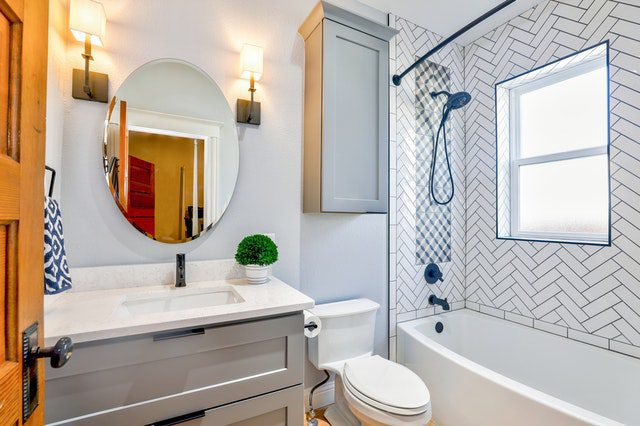
Plumbing is an essential system in a rental property because it affects its habitability. As a landlord, you are responsible for maintaining the plumbing system. It can be worrisome to receive frequent calls from your tenants complaining about plumbing issues in the house.
There are several reasons you should take your plumbing maintenance seriously in your rental property. Regular maintenance helps you to handle the issues early before they become widespread and expensive. Plumbing maintenance will help you to conserve water and your tenants will spend less on energy bills.
According to epa.gov., if a faucet is leaking at the rate of one drop every second, you will waste 3,000 gallons of water in a year. This amounts 180 showers.
Regular maintenance also prevents the occurrence of frequent plumbing emergencies or water damage to the property. We recommend taking advantage of routine inspections of your rental and focus your maintenance checklist on the rooms with several plumbing fixtures. These include the kitchen and bathroom. In addition, check around your rental property for fixtures or appliances like hose spigots, water heaters, and the utility area.
Kitchen plumbing maintenance
Schedule regular plumbing maintenance in the kitchen at least twice a year. During this time, inspect and repair all the issues. The kitchen requires regular maintenance of the following:
- Faucets
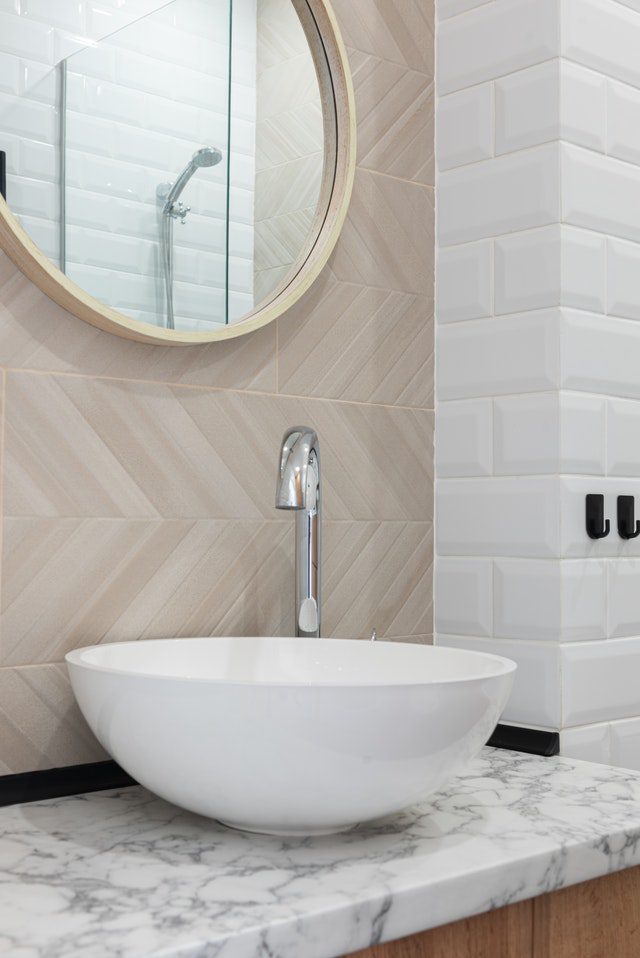
As tiny as the drops of water may appear, a leaky faucet can quietly increase energy bills for your tenants by wasting several gallons of water yearly. Leaky faucets are widespread. While operating the faucet, carefully inspect it for leaks. If you notice any, call your plumber to repair it.
- Sink Drains
Clogged drains are another common occurrence in rental homes. If you notice that the sinks are draining slowly, it means a clog is building up in the P-trap or branch drain. To solve this, you can use homemade drain cleaners to break up the clogs in the drain and unclog the sink. These mild homemade cleaners are made of baking soda, vinegar, and water.
The sink drains may also leak. Here, the issue is from the sink strainer. Inspect the strainer basket and the P-trap. If you notice that the strainer basket is leaking or corroded, replace it. In cases where the leak is from a loose P-trap, you need to tighten the fittings.
- Dishwasher
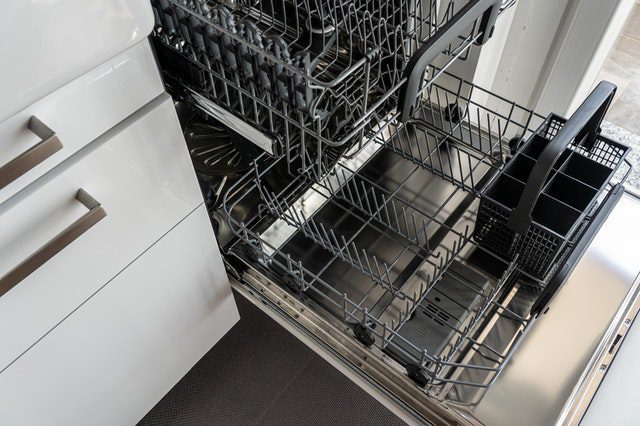
As part of your routine plumbing maintenance, it is essential to inspect the dishwasher while using it. If the dishwasher is slow to drain or the drain water stays in the bottom at the end of the cycle, check for pinching and clogs. Where the dishwasher is slow to fill, there may be a problem with the shutoff valve or the water supply hose. Your plumber will inspect and fix the problem.
- Shutoff Valves
Shutoff valves control the water supply to the refrigerator, dishwasher, faucet, and sinks. As the name implies, they completely shut off the water supply to these fixtures or appliances when they are not in use. When they become faulty, they fail to perform this function. Close the shutoff valve tightly to ensure that they function properly. Replace valves that still supply water even when you close them.
Bathroom plumbing maintenance
During your routine plumbing maintenance, check the following:
- Toilets
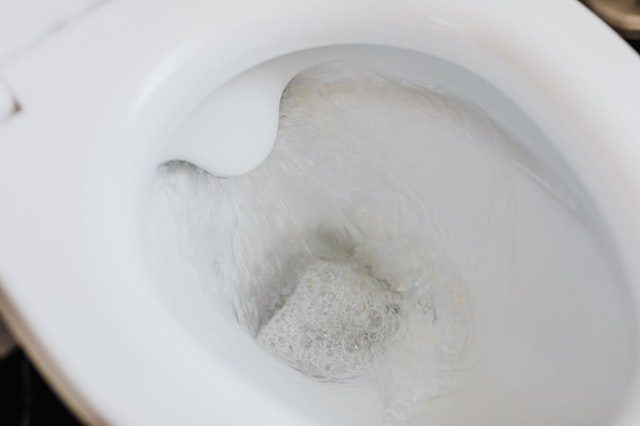
Open the tank lid and flush the toilet. If the toilet continues to run at the end of the cycle, it means you have a running toilet that requires repairs. Check around the base and note if water is seeping from it. Sit on the toilet and observe if it rocks slightly. When any of these happens, the wax ring at the toilet’s base has worn out. Ensure that your plumber repairs it.
- Faucets
There are several faucets in the bathrooms; the shower, sink, and tubs. Always inspect them for leaks. Possible causes of leaky faucets are bad washers or cartridges. Your plumber will replace the faulty fixtures to prevent high energy bills in your rental property.
- Caulk seals
Caulks are not part of the plumbing system. However, they prevent water damage to your rental property. If your caulks are damaged, water from the shower and bathtub will penetrate the floors and walls to cause water damage. Inspect your floors and walls to ensure that the caulk beads are intact. It is ideal to periodically remove old caulk and reapply quality shower and tub caulk.
- Drains
Hair and soap clog drains in the bathroom. Clogs do not suddenly develop. They start as slow drains. We recommend that you prevent total blockage by unclogging your drains regularly. You can use hot water or a mild homemade product to unclog your drains.
The bottom line
Regular plumbing maintenance will prevent you from spending your rental income on emergency repairs. As part of the routine maintenance, a professional plumber will inspect and service the sump pump, irrigation, septic, and sewer system.
